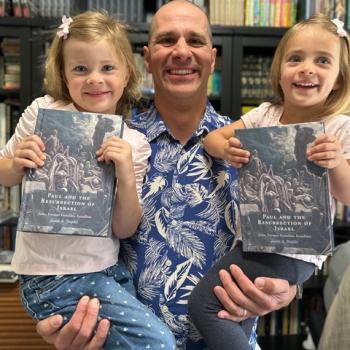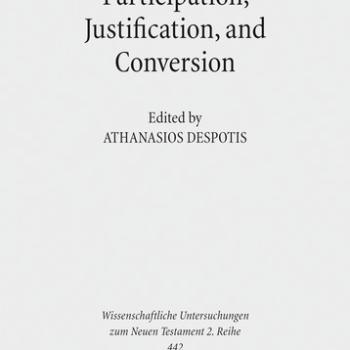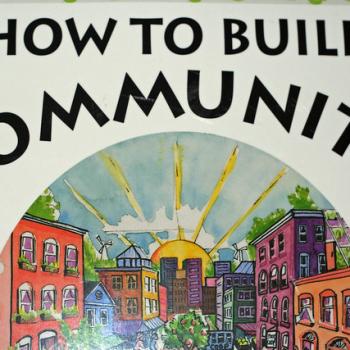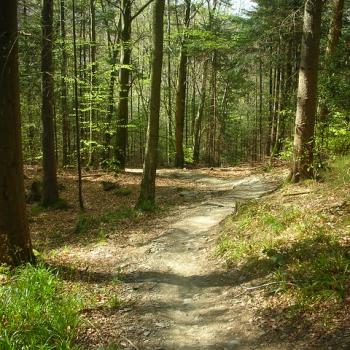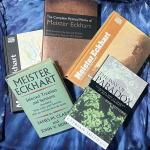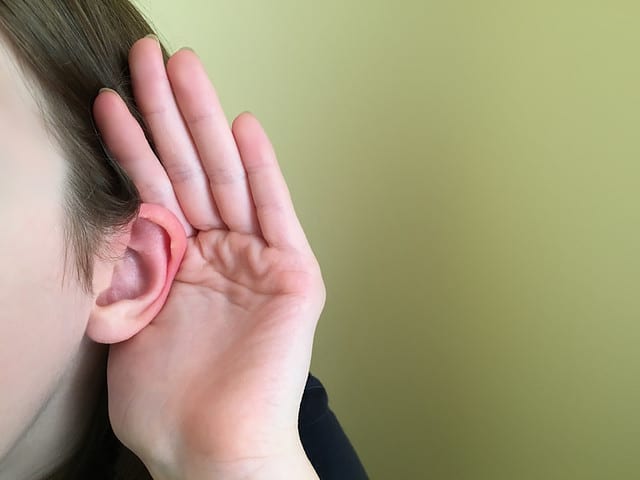
Listening Makes a Difference
Some of us schedule time in our calendars to practice listening to sacred stillness. We may follow a contemplative practice of listening to stillness for 20 minutes twice each day.
There are people who believe our practice of listening to sacred stillness is a waste of valuable time. Why do we want to sit with our eyes closed when we could be making a difference? Our world has deeply entrenched problems and serious challenges. Do we believe listening makes a difference in practical ways which can help real people?
We might believe a practice of spending 20 minutes twice a day raising money for people who need it would be more helpful. Some of us feel torn between spending our time alleviating tangible human suffering and listening to sacred stillness. We may feel we need to choose between taking time to heal our planet of follow a contemplative practice.
Many of us have busy lives and full calendars. Some of us want to act in specific ways to make things better. We cannot do everything and have a difficult time appreciating how listening makes a difference.
I believe listening makes a difference in my life in real ways. There are tangible ways listening makes a difference in the lives of other people. I find listening one of the most powerful tools we have to change ourselves, the people around us, and the rest of the world.
People have told me I am the only person who ever listens to them. Some people have recognized how a practice of listening to sacred stillness has made differences in me.
I did not set out with a goal of becoming a better listener. As I practice contemplative listening it makes a difference in how I listen to others and to myself.
Listening Makes a Difference in Me
When I began a practice of listening to sacred stillness I was extremely aware I wanted to pay attention. My mind was swiveling back and forth asking Was that sacred stillness? Was that it? I knew what I was doing was significant and I did not want to miss anything. It was, if anything, the opposite of listening to sacred stillness.
Over time my practice shaped me into a listener. I realized I did not need to force the stillness to which I was listening. Slowly it dawned on me sacred stillness was all around me and within me. I did not need to wrestle with my own thoughts or feelings to protect the stillness.
Practicing taught me to pay attention to the stillness more than to my listening.
A contemplative practice of listening to sacred stillness showed me how to be open to what was already with me.
Our contemplative practice of listening to stillness helps us become open to spiritual life. It teaches us how to be better listeners to ourselves and to each other. We practice listening and are reminded of the powerful experience of having someone listen to us.
Listening Makes a Difference in Others
Before I began a practice of listening to sacred stillness I was good at cross-examining people. I knew how to ask people questions which would get them to give me the answers I wanted them to give me. My listening was not about hearing what they said but about fitting them into how I saw things.
I think I tended to cross-examine spiritual life in the same way. I had my answers and listened to spiritual life to confirm what I already thought. The way I approached spiritual life was not about exploring new life. it was about building a wall of answers and ideas which could be defended.
There were people who were intimidated by my questions. Part of what I wanted to do was convince people they actually agreed with me, whether or not they actually did.
A contemplative practice of listening to sacred stillness has shown me people do not necessarily want to be convinced. Trying to persuade someone is not the most authentic, powerful way to relate to them.
People want someone to listen to them. Listening to people gives them the opportunity to tell their own stories and find their own conclusions. Most people are not looking for someone to give them answers, but to help them find their own.
Listening to someone else makes a difference for both of you.
Listening Makes a Difference in the World
Our practice of listening to sacred stillness shapes how we approach ourselves, each other, and the world around us.
Regularly listening shows us what it means to be open, without evaluating or judging. We sit quietly, centered within ourselves, not struggling or fighting for control.
A regular practice of listening to sacred stillness helps deepen our openness to spiritual life. It shows us the spiritual life in other people, the world around us, and ourselves.
When we look at the night sky we see more than stars. Walking in the woods we experience more than the trees. Checking the news becomes more than staying in touch with the latest events.
Listening makes a difference in how we experience and appreciate the world.
Our practice of listening changes us from the inside out. Many of us become better listeners, more patient and willing to listen. Some of us develop a hunger and thirst for stillness.
We listen to sacred stillness and it is not about what we hear, what messages we receive. The power of contemplative listening is in how listening itself affects us.
As we practice listening to sacred stillness our openness shapes our understanding of the world around us. We learn to live more openly in the world.
Sitting still and listening to sacred stillness is not being closed off from the world.
We practice paying attention and living openly.
Where will we find listening makes a difference in us today?
When will we come to appreciate listening makes a difference this week?
[Image by JoanDragonfly]
Greg Richardson is a spiritual life mentor and coach in Southern California. He is a recovering attorney and a lay Oblate with New Camaldoli Hermitage near Big Sur, California. Greg’s website is StrategicMonk.com and his email address is StrategicMonk@gmail.com.




